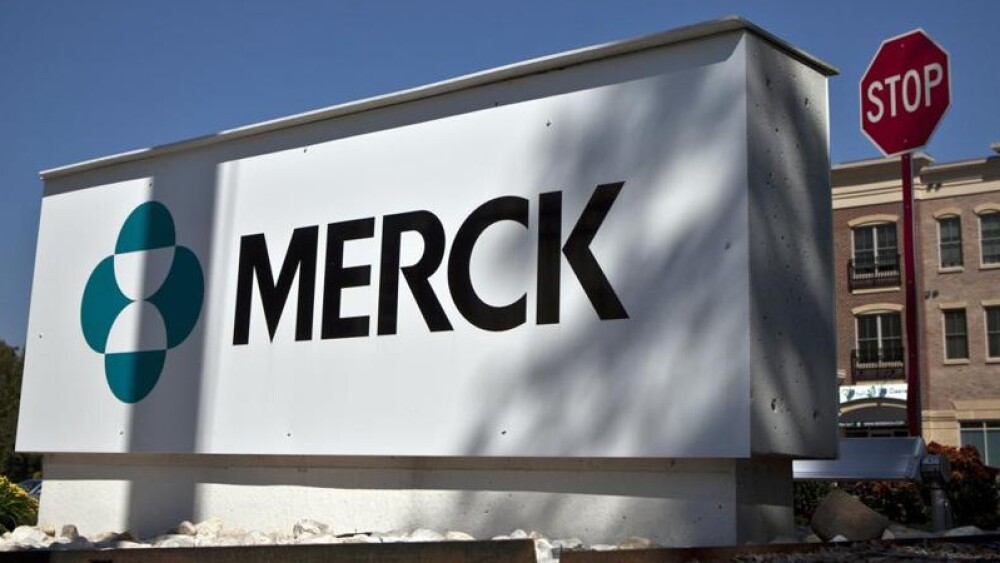October 21, 2016
By Mark Terry, BioSpace.com Breaking News Staff
Kenilworth, New Jersey – Merck announced that upon the recommendation of an independent Data Monitoring Committee (DMC) it has halted a Phase III trial of Keytruda in advanced urothelial cancer because it met its primary endpoint.
The KEYNOTE-045 clinical trial evaluated Keytruda (pembrolizumab), an anti-PD-1 drug, in patients with previously treated advanced urothelial cancer compared to a chemotherapy chosen by the investigator, but which could have been paclitaxel, docetaxel, or vinflunine. The co-primary endpoints were overall survival (OS) and progression-free survival (PFS). Secondary endpoints included overall response rate (ORR), duration of response (DOR) and safety.
The early results were so positive that the DMC recommending halting the trial.
Keytruda is the company’s fastest growing drug. It has been approved to treat melanoma, head and neck cancer, and lung cancer. It is currently being evaluated in more than 30 different types of cancer in more than 360 clinical trials.
Keytruda alone brought in $314 million in the second quarter of 2016.
Keytruda is one of only a few immuno-oncology drugs that are revolutionizing cancer treatment. Bristol-Myers Squibb ’s Opdivo is another, which has been approved to treat lung cancer. Roche ’s Tecentriq was approved in May in the U.S. for bladder cancer, and last week for lung cancer.
“The results of KEYNOTE-045 represent a major breakthrough and will be welcome news for patients dealing with previously treated advanced urothelial cancer,” said Roger Perlmutter, president of Merck Research Laboratories , in a statement. “We look forward to sharing the findings from this study with the medical community and with regulatory authorities around the world.”
The data will be presented at an upcoming medical conference.
Merck is currently trading for $61.25.
Ryan Fuhrmann, writing for InvestorPlace, says, “Shares of pharmaceutical giant Merck & Co., Inc. have been on a roll lately. Merck stock jumped last week and reached its highest levels over the past year. It also returned to highs last seen in 2001, a distant memory considering this was back when the dot-com bubble was still bursting. Returning to its all-time highs of nearly two decades ago will still take time, but Merck stock’s momentum could easily continue.”
Both Keytruda and Bristol-Myers’ Opdivo are likely to generate billions of dollars in revenue. Fuhrmann says, “Merck stock has momentum right now. It operates in an appealing industry, and is a first mover in the immuno-oncology space. Merck & Co. stock is currently riding high, while Bristol’s stock has fallen to $50 per share, or 435 percent below its highs in the past year.”
Part of Merck’s appeal, aside from Keytruda, is a strong portfolio and promising pipeline. The company’s Januvia for diabetes is one of its top-selling drugs. Bridion, is an anesthetic, Zepatier is on the market for hepatitis C (HCV) and competes with Gilead Science ‘s blockbuster drugs, as well as HCV drugs from AbbVie . Merck also has significant presence in the HIV market.





